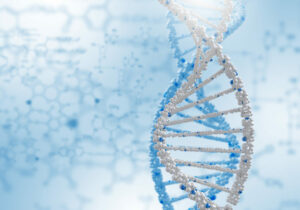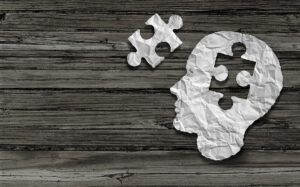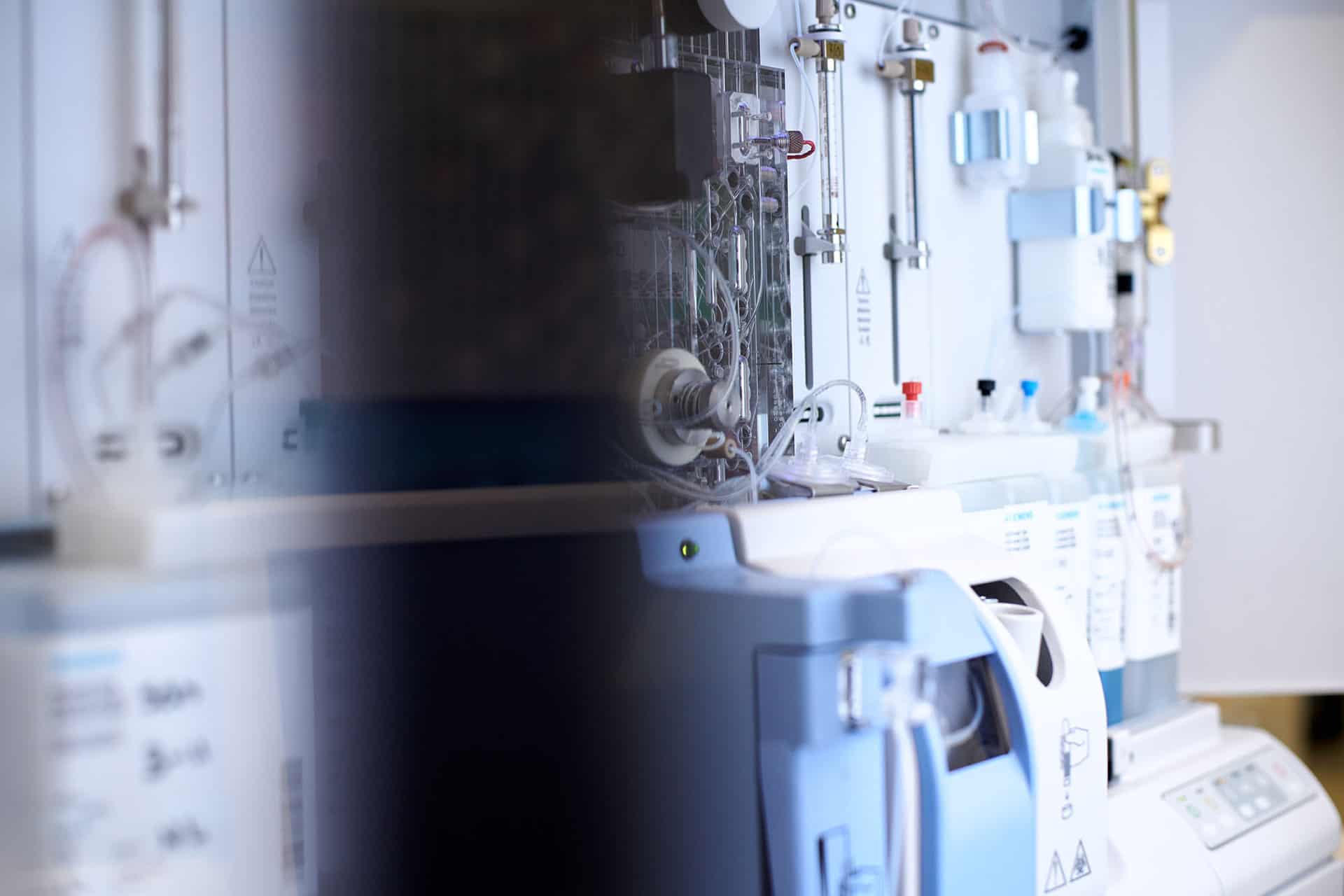Bipolar disorder is a mental illness that causes extreme mood swings. People with bipolar disorder experience periods of intense emotion, which can be either positive or negative. These emotional states are known as “mood episodes.”
During a manic episode, a person may feel excessively happy, energetic or agitated. They may also act impulsively and make poor decisions. A person experiencing a depressive episode may feel hopeless, sad and worthless.
Bipolar disorder can be a very debilitating condition. It can interfere with a person’s ability to work, study, socialize and take care of their personal hygiene.
There is no one cause of bipolar disorder. It is thought to be caused by a combination of genetic and environmental factors.
Bipolar disorder is treatable. The most effective treatment is a combination of medication and psychotherapy, and both can be implemented at the same time at a wellness center. With treatment, people with bipolar disorder can lead healthy, productive lives.
What Are The Symptoms Of Bipolar Disorder?

Bipolar disorder is characterized by extreme mood swings. A person with bipolar disorder will experience periods of intense mania or hypomania (an elevated mood), followed by periods of deep depression.
Bipolar disorder symptoms of mania or hypomania can include:
- Feeling unusually happy, energetic or irritable
- Sleeping less than usual
- Talking more quickly than usual and jumping from one idea to another
- Having difficulty concentrating
- Feeling easily distracted
- Having an unrealistic sense of self-confidence and ability
- Making impulsive decisions, such as buying something on a whim
- Engaging in risky behaviors, such as spending sprees, gambling or unsafe sex
The symptoms of depression can include:
- Feeling sad or empty most of the time
- Loss of interest in activities you once enjoyed
- Sleeping too much or having trouble sleeping
- Fatigue and lack of energy
- Changes in appetite, resulting in weight loss or gain
- Difficulty concentrating, remembering details or making decisions
- Feelings of worthlessness, hopelessness or guilt
- Thoughts of death or suicide
If you have symptoms of mania or depression, it’s important to see your doctor or mental health professional as soon as possible. Bipolar disorder can be difficult to diagnose because symptoms can vary greatly from person to person. Also, the symptoms of bipolar disorder may resemble other medical or mental health conditions.
What Causes Bipolar Disorder?

The cause of bipolar disorder is not known. However, it appears to be a complex interplay of genetic and environmental factors. Researchers are studying certain genes that may increase the risk of bipolar disorder.
Bipolar disorder may also be tied to irregular functioning of neurotransmitters (chemicals that allow nerve cells to communicate with each other).
How Is Bipolar Disorder Diagnosed?

There is no single test to diagnose bipolar disorder. A diagnosis is based on a complete psychiatric evaluation and a detailed medical history.
A doctor or mental health professional will ask about your symptoms, thoughts, feelings and behavior patterns. He or she will want to know if there have been any major changes or stressors in your life.
The doctor may also ask if any family members have had bipolar disorder or other mental health problems.
Medical tests may be done to rule out other disorders that may have similar symptoms, such as thyroid problems, brain disorders or substance abuse.
What Are the Types of Bipolar Disorder?

There are four basic types of bipolar disorder; all of them involve clear changes in mood, energy and activity levels. These moods range from extremely “up,” or elated, to very sad and hopeless, and then back again, with periods of normal mood in between.
The four types of bipolar disorder are:
- Bipolar I Disorder — Defined by manic episodes that last at least seven days, or by manic symptoms so severe that the person needs immediate hospital care. Usually, depressive episodes also occur with periods of normal mood in between.
- Bipolar II Disorder — Defined by a pattern of depressive episodes and hypomanic episodes, but not the full-blown manic episodes that occur in bipolar I disorder.
- Cyclothymic Disorder (also called cyclothymia) — Defined by periods of hypomanic symptoms as well as periods of depressive symptoms lasting for at least two years (one year in children and adolescents). However, the symptoms do not meet the diagnostic requirements for a hypomanic episode and a depressive episode.
- Unspecified Bipolar Disorder — Diagnosed when a person has symptoms of the illness that do not meet the criteria for either bipolar I or II. The symptoms may include, for example, milder episodes of mania or hypomania that do not last as long as full-blown manic or hypomanic episodes.
Is Bipolar a Personality Disorder?

Bipolar disorder is not a personality disorder. Personality disorders are characterized by long-standing patterns of behavior that are different from what is considered normal in a given culture. People with personality disorders often have difficulty functioning in everyday life and may have problems with work, school and personal relationships.
While people with bipolar disorder also experience difficulties in these areas, their symptoms are primarily due to the mood episodes that characterize the illness — making it a mood disorder.
How To Treat Bipolar Disorder

There is no one-size-fits-all treatment for bipolar disorder, as the condition varies from person to person. However, most people with bipolar disorder can find relief from their symptoms by adhering to a treatment plan that may include medication, talk therapy and self-care strategies.
Medication is often the first line of treatment for bipolar disorder. Lithium is the most commonly prescribed medication for bipolar disorder, and it can be effective in reducing the frequency and severity of manic episodes. Other mood-stabilizing medications that may be used to treat bipolar disorder include antipsychotic drugs, anticonvulsant drugs and beta-blockers.
Talk therapy, also known as psychotherapy, can be an effective treatment for bipolar disorder. Cognitive behavioral therapy, in particular, has been found to be helpful in treating the condition. This type of therapy can help people with bipolar disorder learn how to manage their symptoms, cope with stress and make positive changes in their lives.
Self-care strategies such as maintaining a regular sleep schedule, eating a healthy diet and getting regular exercise can also help people with bipolar disorder manage their symptoms. In addition, support from family and friends can be vital in helping people with bipolar disorder stay on track with their treatment.
Help Is Available

If you or someone you know has bipolar disorder, it’s important to remember that help is available. Treatment can make a big difference in managing the condition and improving quality of life.
Contact your doctor or mental health professional if you’re experiencing symptoms of bipolar disorder. If you’re in a crisis, call the National Suicide Prevention Lifeline at 1-800-273-8255 or text HOME to the Crisis Text Line at 741741.





